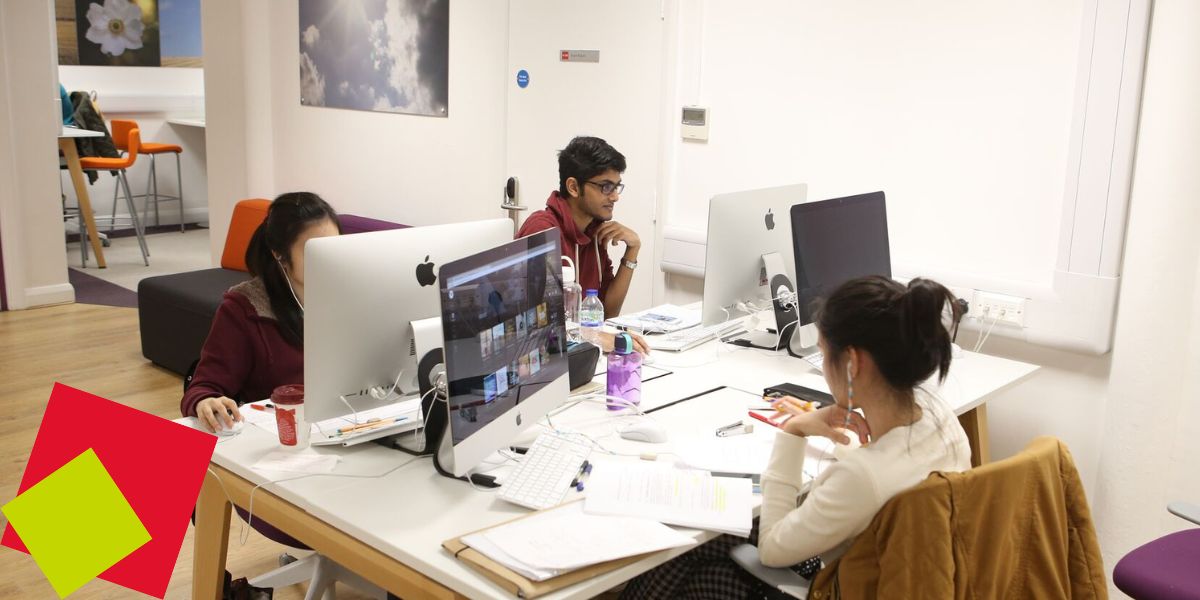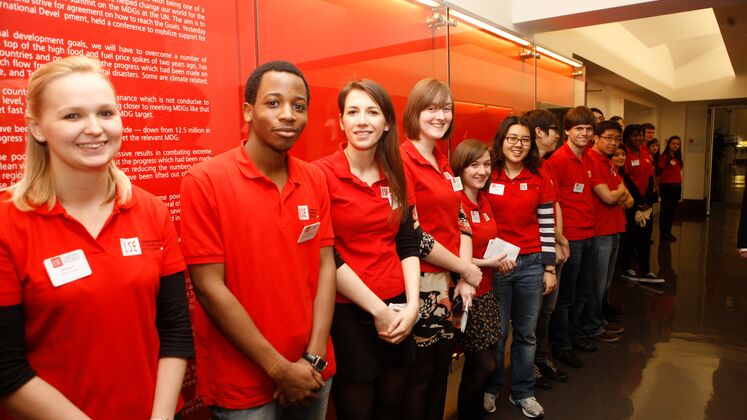The moment I entered university, I knew I wanted to work part-time. As an international student from a country with a less than favourable exchange rate (to say the least), I wanted a way to limit my parents’ financial burden as much as possible. However, I quickly found juggling part-time work in university does come with its challenges! Coming from someone who’s worked multiple part-time jobs during my time at LSE, here’s my top tips on working part-time as a full-time student.
Setting expectations
University is tough, especially in a high-flyer institution like LSE. That’s why being realistic about the strain work will inevitably put on your time before you take on a new job is crucial. Everyone has different academic goals, so it’s important to acknowledge yours before you take on any work. The sooner you’re aware of your aspirations and are able to plan your goals, the easier it’ll be to narrow down what jobs are for you.
Working hours
If you’re on a student visa, you’ll be allowed to work anywhere for up to 20 hours per week during the school term. However, only allows you to work up to 15 hours during term time. As long as your hours don’t exceed that, you’re free to choose the exact number of hours you’re willing to commit to your job a week. It’s completely up to you how much time you’d like to invest in your part-time work. This could mean working all 15 hours or just spending as little as 2 hours a week on a more casual basis. I recommend checking out LSE CareerHub for a diverse collection of work opportunities, or if you can’t commit to a fixed schedule, platforms like STINT for finding one-off flexible work.
Plan. Plan. Plan
If you’re like me, multitasking is usually a surefire recipe for disaster. That’s why I’ve found scheduling really helpful in keeping on top of things. As someone with a chronic case of scatterbrain, I’ve found a couple of quick scribbles on a planner or a note in a planning app can be lifesavers when it comes to keeping on top of both assignment deadlines and work responsibilities. Plus, this also means you won’t overestimate your workload, giving you more chances to plan something fun in your spare time.
Do something you enjoy
This may seem like a no-brainer, but if you’re going to dedicate so many hours to your work, you might as well do something you’re interested in! During my first part-time job as a waitress, I quickly realised what a klutz I truly was. The job felt a lot more time-consuming than it actually was because of how much time I spent constantly worrying about tripping and making a huge mess. Currently, because I genuinely enjoy sharing my experiences and thoughts as a student blogger, I save a lot of energy not just because I don’t dread work, but because I’m more efficient when I do something I actually like.
Consider a job on campus
On that note, another thing you can consider in your job search is getting a job on campus. In my current on-campus part-time job as an LSE blogger, I’ve found the benefit of an on-campus job is that your time constraints as a student are usually taken into consideration, giving you more flexibility to concentrate on your academic workload. Also, if you decide to work in a position like a student ambassador, content creator or research assistant, it may be a lot more convenient logistically to have both your classes and workplace on campus.
Personally, I feel that school should always be my priority as a student, which means I plan my jobs around my study schedule and not vice versa. It can be difficult juggling a job with your schoolwork, so part-time work is not for everyone! That being said, even though I started working purely for the financial benefits, I’ve found all my part-time jobs to be great growth opportunities. Over time, I’ve learnt what types of jobs or working environments suit my current skillset (as well as the types of jobs that definitely don’t!), giving myself chances to explore what career I might want in the future. Ultimately, every student is different. The best thing you can do is make your choice based on your own capacity and expectations for the year.





